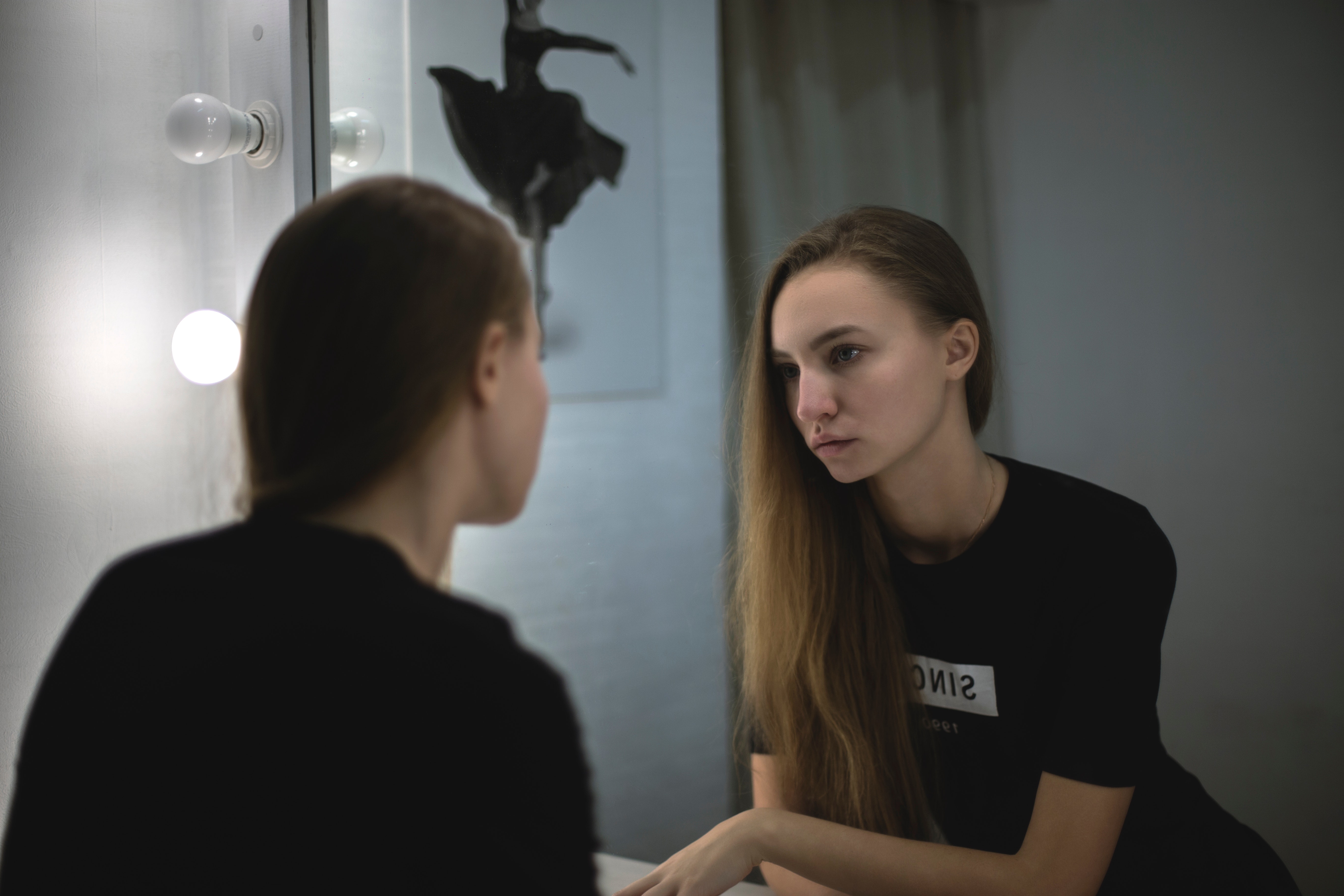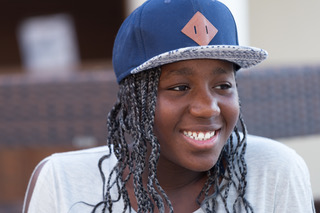Self-Esteem for Motivation, Self-Confidence for Action
I am not sure I’ve always understood the difference between self-confidence and self-esteem but one thing for sure is that I have always known the importance of both.
When I first moved to the UK, if I was asked once, I was asked a thousand times: “where in the world did, you get the confidence to make such a move. Aren’t you afraid of failing?”
Fear of failure, I often thought, has nothing to do with confidence. But trust in your skills and abilities does. I had relied on this trust when I went to university, when I landed my first job as a reporter, when I moved from Southwest Georgia to New York City, and then when I returned to Georgia to take a job that would send me around the world.
Granted, none of the experiences offered complete smooth sailing but I hung in there, chiefly because I believed in myself. And well, if I failed, and sometimes I stumbled, I would chalk it up to experience.
No wonder I have often been told that I wear confidence in my body language, in how I walk, talk or in how I perform a task, for example. But make no mistake about it, people with oodles of self-confidence have low moments, too. One for me is learning to swim—I simply don’t trust myself to do it. More on that later.
In the meantime, however, confident as I might be, I have been told more times than I care to hear that my self-esteem is often lacking. How could this be? Aren’t the two inherently linked.
Of course, they are, as Kai Graham points out in UIO’s podcast: Your Voice Matters. But they are not one in the same. Self-confidence shows up in skills and abilities to act, to do something like drive a car, play a sport, a musical instrument, bag a job, talk to people, set up a business, learn to swim. You get the picture.
In UIO’s first podcast ever, Your Confidence Inside Out, Cheryl Grace says we need confidence all the time, as much as we need warm clothing in inclement weather. So don’t turn up at your swimming lessons without it, right. And Cheryl never does. If her own life is a measure of how far self-confidence can take you, then we should all seek it in abundance.
But how do we do that? It is as complicated or as simple as believing and trusting in your abilities, which overlaps with self-esteem, all about how you feel about yourself. Low self-esteem can certainly shake-up confidence. I know this first hand from feeling bad about myself for some odd reason or another, don’t like this or that, which starts the vicious cycle of self-criticism often leading to a downward spiral.
Looking over my shoulder, I can see that such feelings start inside and pull you down faster than you realise. Thankfully, I have managed to recover quickly from any such falls.
Sadly, however, low self-esteem can and often does hold people down. It often lurks in body image, for example, taunting self-belief and directly or indirectly impacting confidence. That is why it is so key to work inside out, looking at self-esteem from a mental/emotional perspective. Several of our podcasts offer tips on how to build good self-esteem, including the two mentioned above, as well as How to Take Care of Your Body During Tough Times with Hope Virgo.
The key is to practice self-love, however that works best for you. It could mean repeating a mantra each day such as looking in the mirror and saying, “I am enough”, learning new things such as how to swim and testing the waters in small doses, if you will. Got it! Swimming lessons coming up for the third time.
Finally focus on what you do like about yourself and less so on what you don’t. Change what is changeable without compromising who you are or engaging in unhealthy behaviours. Remember, you are enough. As for the things you cannot change, change your perspective.
Once you feel good about yourself, you will intuitively gain more confidence to make new friends, try new activities, master new skills and so on. And remember it isn’t always about winning or losing, it is about having the motivation to play the game and enjoy it!












